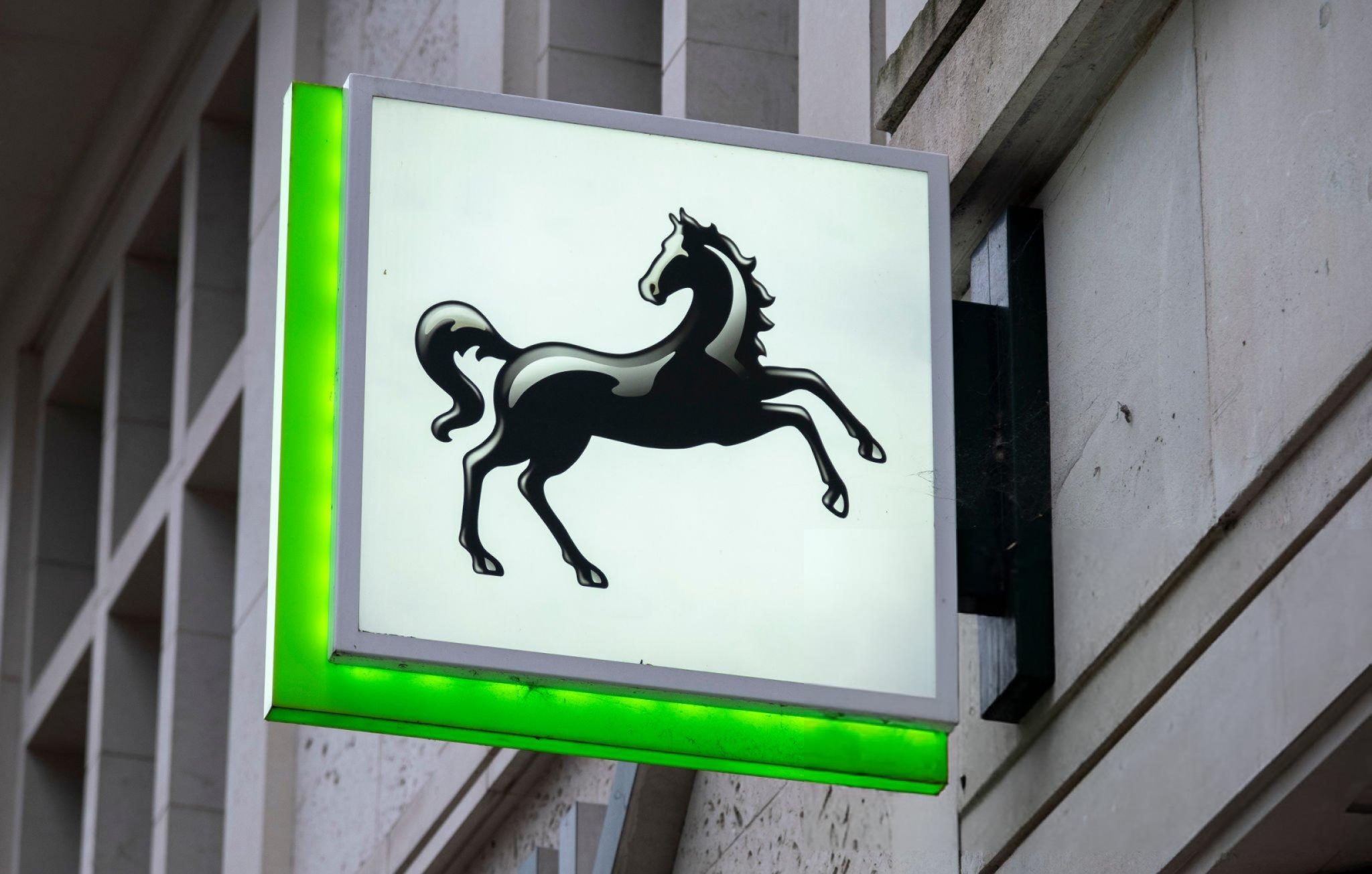Bank sets aside over £300 million for loan losses as global trade tensions cast economic shadow
Lloyds Banking Group has posted a fall in quarterly profits after significantly increasing its provisions for bad debts, citing heightened global economic uncertainty triggered by an escalating trade tariff war.
The UK’s largest retail banking group revealed pre-tax profits of £1.52 billion for the three months to the end of March, representing a 7% drop compared to £1.63 billion during the same period last year. The slide in profits comes as the bank moved to bolster its defences against potential loan defaults, setting aside £309 million in impairment charges — a sharp rise from £57 million a year earlier.
Included within this was a £100 million charge specifically related to concerns over borrower defaults, as the global financial landscape braces for the impact of new US-imposed tariffs. The recent economic tension, fuelled by US President Donald Trump’s decision to raise tariffs on imports, has sparked worries over a potential worldwide economic slowdown.
In a statement to investors, Lloyds said: “Initial non-UK tariffs announced in the first few days of April and the immediate market response were larger than expected.”
Despite the external pressures, the group has chosen to maintain its full-year guidance, expressing confidence in its long-term strategy even in the face of what it called “recent market volatility and economic uncertainty”.
On the domestic front, the bank is forecasting a “slow expansion in gross domestic product” alongside a modest increase in the unemployment rate. Residential and commercial property prices are expected to post “small gains”, while inflationary pressures are likely to persist throughout the year. However, Lloyds anticipates gradual cuts to the UK Bank Rate continuing in 2025, easing some of the pressure on borrowers.
Group chief executive Charlie Nunn was upbeat despite the dip in profits. “In the first quarter of 2025, the group delivered sustained strength in financial performance,” he said. “We remain confident in the outlook for Lloyds Banking Group and in our 2025 and 2026 guidance.”
Chief financial officer William Chalmers noted that Lloyds’ exposure to the US market remains limited, with lending to US exporters making up less than 1% of its balance sheet. However, he acknowledged that “there may be some dampening on corporate activity going forwards” due to the global trade tensions.
Meanwhile, despite concerns over bad debt, the bank reported a strong quarter for lending activity. Mortgage lending rose by £4.8 billion, boosted by a rush of customers seeking to complete house purchases ahead of the stamp duty changes introduced at the start of April. March 27 marked a record-breaking day for the bank, with nearly 5,000 mortgage completions — the most in its history on a single day.
Importantly, the group confirmed that it has not made any additional provisions related to the ongoing motor finance scandal, in which Lloyds has already set aside more than £1 billion over potential mis-selling of car loans involving hidden commissions. The industry continues to await a landmark ruling from the Supreme Court on the matter.
While Lloyds’ latest results reflect the growing economic headwinds affecting global financial institutions, the bank’s leadership appears determined to weather the storm. Strong mortgage performance and limited direct exposure to trade tariffs have helped to offset some of the impact, but with uncertainty still looming large, the months ahead will be a critical test of Lloyds’ resilience and strategic direction.






